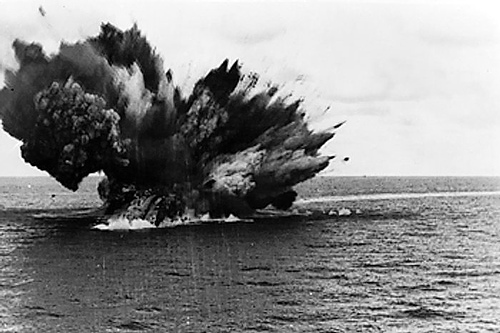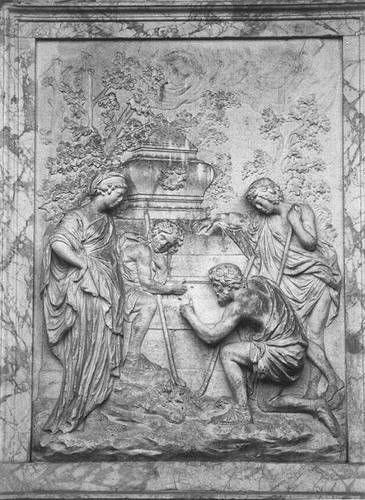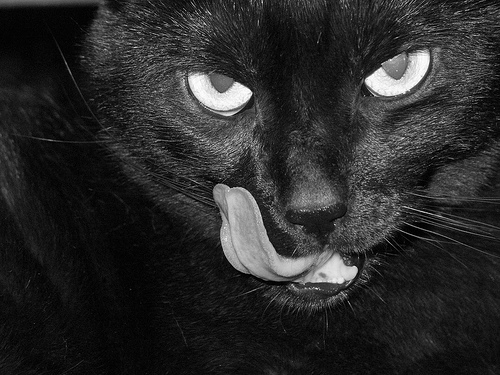A few days ago, as two sawyers were employed in cutting up an oak tree about thirteen inches in diameter, for the use of the Earl of Derby’s colliery, at Rainsford, in Lancashire, the man in the pit perceived something to move in the part they were then cutting, which, on examination, proved to be a full-grown toad. The animal was quite alive, when taken up, notwithstanding one of the legs had been cut off by the saw; the cavity in which it was found was exactly in the centre of the tree, just large enough to contain the body, and measured three and a half yards from the root or bottom. The tree was perfectly sound in every part, and not the least crack or aperture could be discovered that had a communication with the atmosphere.
— La Belle Assemblée, January 1810





